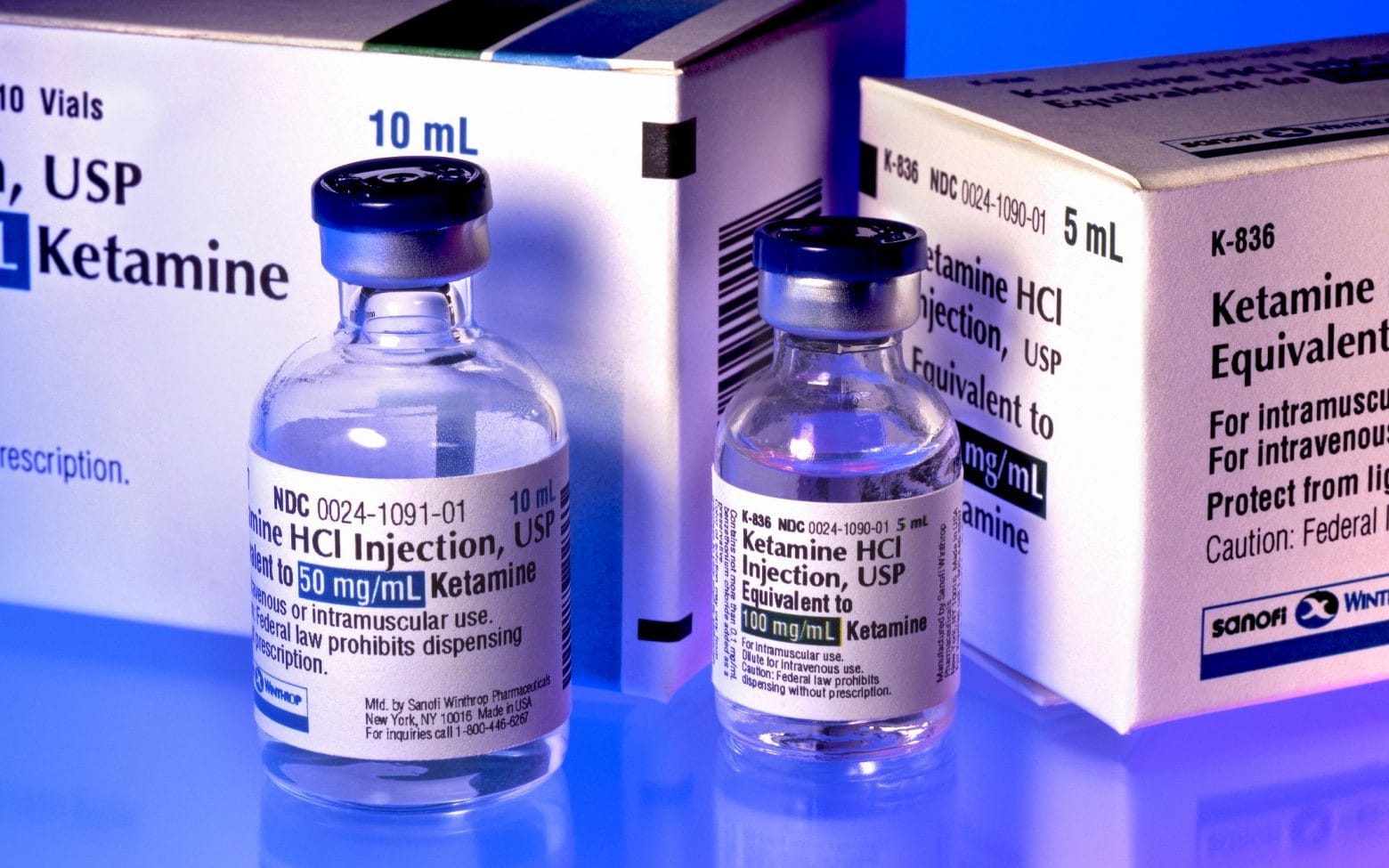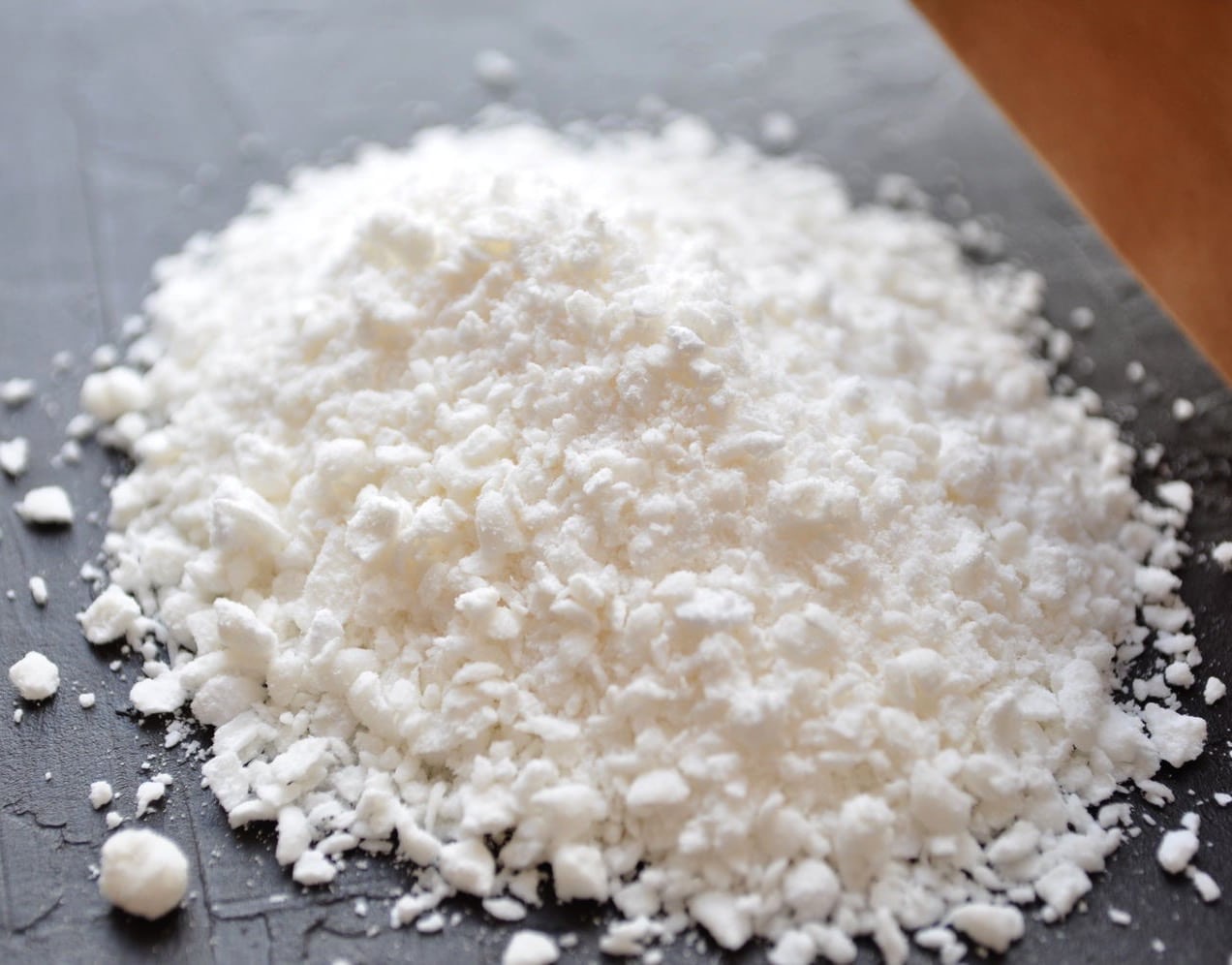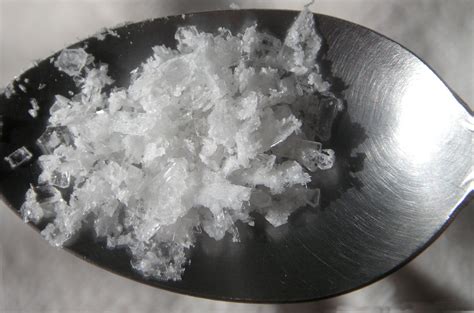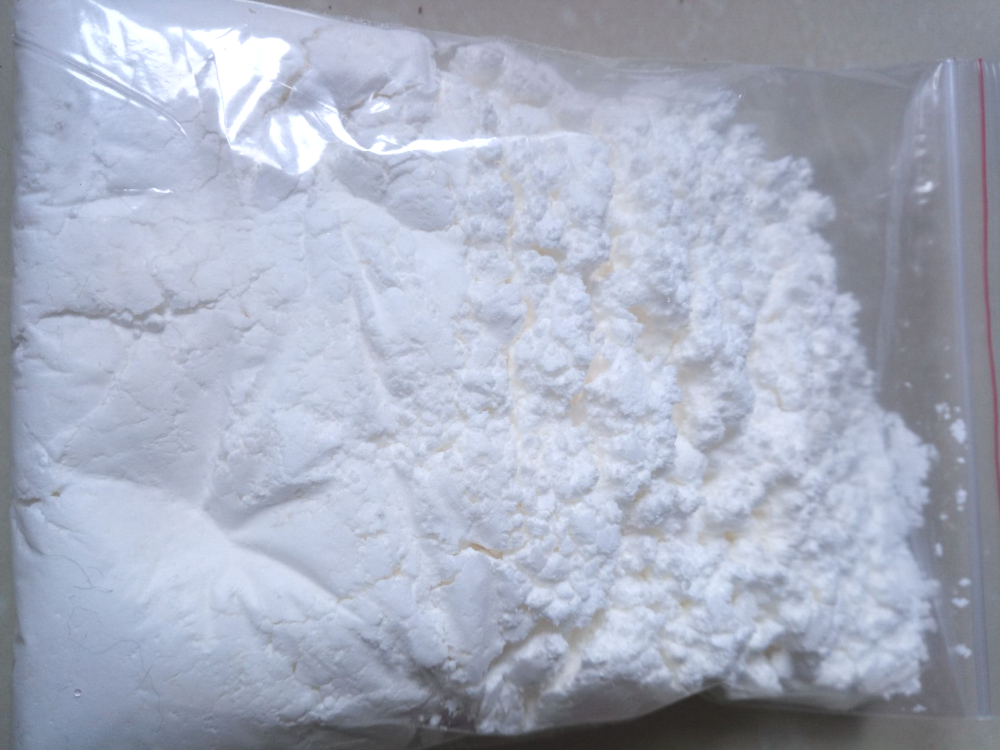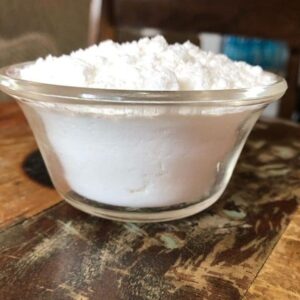Ketamine Powder
$125.00 – $15,500.00
Description
Ketamine Powder For Sale: Buy Ketamine Powder Online Now
Ketamine powder is a dissociative anesthetic that has some hallucinogenic effects. It distorts perceptions of sight and sound and makes the user feel disconnected and not in control.
This is an injectable, short-acting anesthetic for use in humans and animals. It can be referred to as a “dissociative anesthetic” because it makes patients feel detached from
their pain and environment.
Ketamine can induce a state of sedation (feeling calm and relaxed), immobility, relief from pain, and amnesia (no
memory of events while under the influence of the drug).
It is abused for its ability to produce dissociative sensations and hallucinations. Ketamine has also been used to facilitate sexual assault.
What are the common street names for ketamine?
Common street names include:
Cat Tranquilizer, Ketamine powder, Cat Valium, Jet K, Kit Kat, Purple, Special K, Special La Coke, Super Acid, Super K, and Vitamin K
What does ketamine powder look like?
Ketamine powder comes in a white or off-white powder. Ketamine powdered (100 milligrams to 200 milligrams) is typically packaged in small glass vials, small plastic bags, and capsules, as well as paper, glassine, or aluminum foil folds.
Why is ketamine Powder Used Medically?
- Ketamine can provide pain relief and short-term memory loss (for example, amnesia from a medical procedure).
- In surgery, it is used as an induction and maintenance agent for sedation and to provide general anesthesia.
- It has also been used for pain control in burn therapy, battlefield injuries, and in children who cannot use other anesthetics due to side effects or allergies.
- Ketamine, through blocking at the N-methyl-D-aspartate (NMDA) site, has rapid action in controlling symptoms of depression and acute suicidal ideation.
- At normal doses, it is often preferred as an anesthetic in patients at risk of bronchospasm and respiratory depression.
Ketamine Powder Health Hazards & Side Effects
Abuse of ketamine can be linked with short-term and long-term problems:
- Short-term: Problems with attention, learning, and memory; dreamlike states, hallucinations; sedation; confusion; loss of memory; raised blood pressure; unconsciousness; dangerously slowed breathing.
- Long-term: Ulcers and pain in the bladder; kidney problems; stomach pain; depression; poor memory.
The most common side effects associated with ketamine when used medically are nausea, vomiting, dizziness, diplopia (double vision), drowsiness, dysphoria (unease, restlessness), and confusion. There is also the risk of HIV, hepatitis, and other infectious diseases from shared needles.
Ketamine use can be fatal for people who are alcoholics or acutely intoxicated with alcohol. There are animal reports of an increased risk of toxicity when ketamine is combined with caffeine.
Theoretically, this may be a concern for people who have consumed energy drinks, often at nightclubs where ketamine may be abused.
The intensity of side effects are related to the dose of the drug consumed. Reported side effects may include:
Low-to-moderate doses |
Higher doses |
|
| Cardiovascular | Chest pain, elevated or depressed heart rate, high blood pressure, or low blood pressure (rare). | Chest pain, dangerous changes in blood pressure, and heart rate. |
| Central Nervous System (CNS) | Agitation, alterations in sight, sound, shapes, time, and body image, confusion, detached feelings, dizziness, drowsiness, flashbacks, hallucinations, lethargy, loss of coordination, numbness, and sedation. | Amnesia (memory loss), coma, delirium, elevated body temperature, fear, hallucinations or terrors (k-hole effect), panic, seizures, violent behavior. |
| Gastrointestinal | Nausea and vomiting. | Nausea and vomiting. |
| Renal | Kidney toxicity (with chronic abuse). | Kidney toxicity (with chronic abuse). |
| Respiratory | Increase in breathing rate. | Respiratory depression (with rapid, high doses and if combined with alcohol or other CNS depressants). |
| Other | Salivation (IV use), spasm of the larynx (rare). | Severe anxiety, fear, panic, anxiety, exaggerated strength, aggression, muscle rigidity, respiratory depression, death from overdose, especially if combined with alcohol, other CNS depressants). |
Overdose
- With an overdose of ketamine, emergency care, such as 911, should be contacted immediately.
- There is no antidote for this drug. Overdose situations are treated with symptomatic and supportive care in the hospital setting. In the emergency department, adverse effects typically resolve in 1 to 3 hours.
- Benzodiazepines such as lorazepam may be used if needed for seizures, excitation, or muscle rigidity.
- Respiratory support is needed, but assist ventilation or supplemental oxygen may be required. Respiratory depression may be more likely if combined with sedatives.
- Those who abuse this drug should be referred for drug counseling.
How is Ketamine Abuse?
When abused, it is typically insufflated (“snort” up the nose) in social situations. It is also injected, consumed orally as a liquid, or smoked in marijuana or tobacco.
- It is frequently abused in combination with other substances, such as cocaine or amphetamines. The use of multiple drugs has been fatal. When misused, it is often sourced via the illegal diversion of prescription products, but analogs may be found on the streets.
How Quickly Does Ketamine Powder Work?
- An injection yields a quick response, with effects occurring in seconds to minutes.
- “Snorting” leads to effects in roughly 5 to 15 minutes (this is the most common method of abuse).
- Oral consumption requires between 5 and 30 minutes.
Consequently, The effects of abuse typically last 1 to 2 hours, but the user’s judgment, senses, and coordination may be affected for up to 24 hours or more. Sensations the user may seek include floating, stimulation, and visual effects.
High doses may dangerously reduce breathing, and lead to muscle spasms or weakness, dizziness, balance difficulty, impaired vision, slurred speech, nausea and vomiting, and severe confusion.
Typical Ketamine Powder Recreational Dose Ranges
Dose Route 75 to 125 mg Intramuscular (IM) or subcutaneous injection 60 to 250 mg Insufflation (intranasal or “snorting”) 50 to 100 mg Intravenously (IV) 200 to 300 mg Orally (by mouth)
Additional information
| KETAMINE POWDER | 5 gram, 10 grams, 20 grams, 50 grams, 100 grams, 500 grams, 1 kg |
|---|


